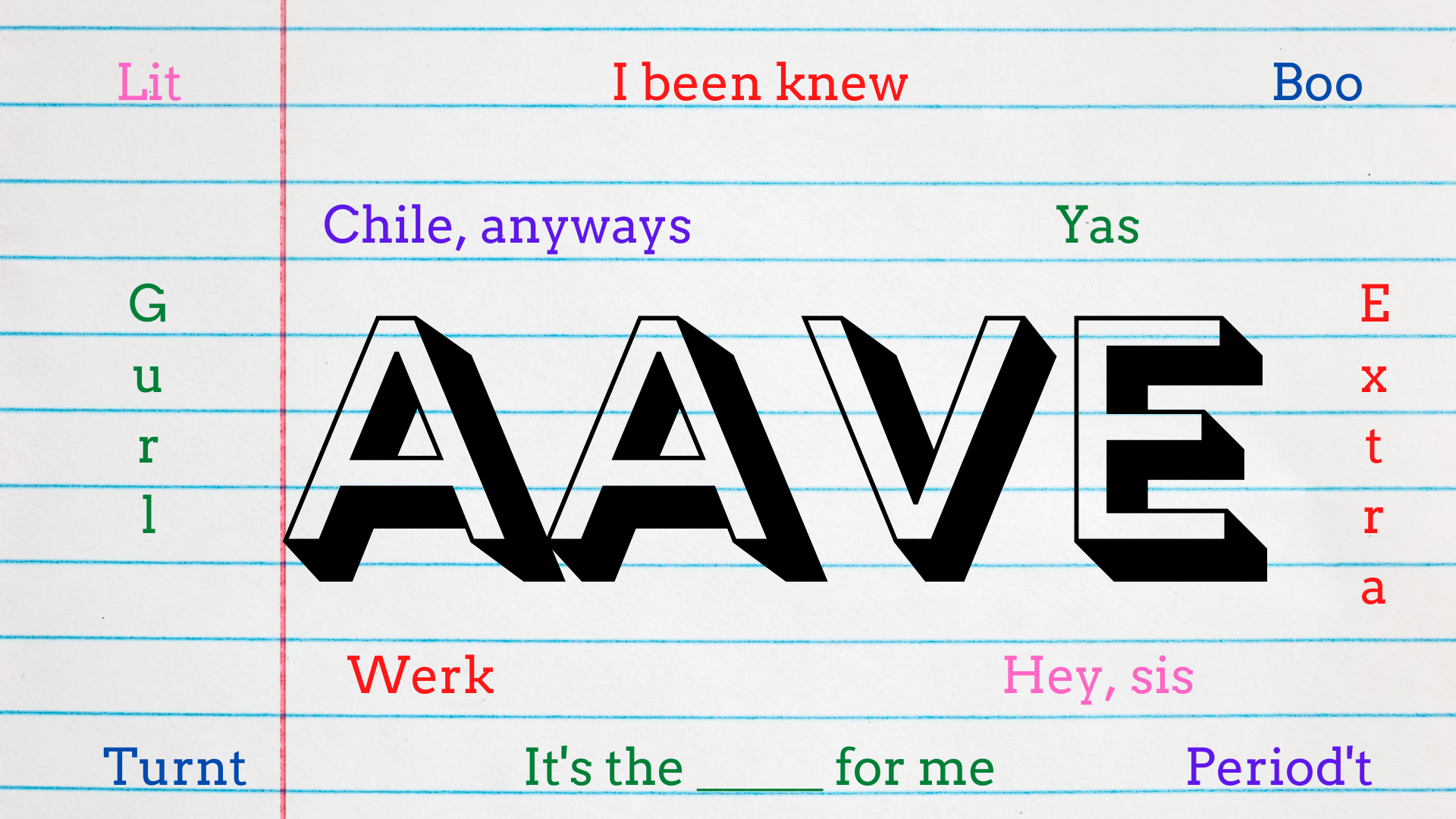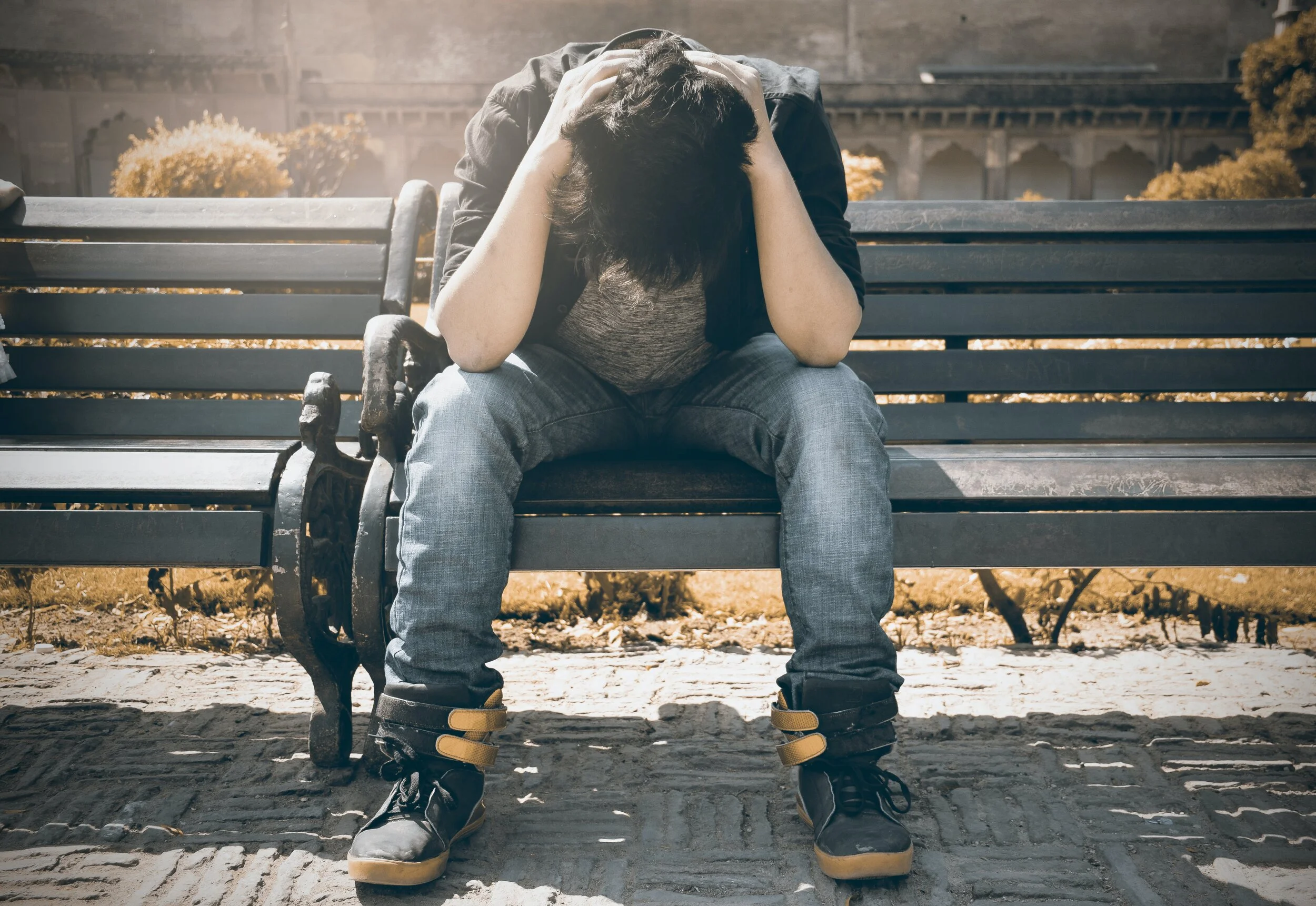
Writing

Can It Be Insincere for White People to Focus on Race and Racism?
Have you ever heard the saying, "When pointing a finger, three fingers are pointing back at you"? A decade ago, white people were reticent in acknowledging it; however, today, we've become slightly more comfortable pointing the finger at racism. We’ve also grown comfortable pointing at the most obvious forms of racism, like prejudiced thoughts, micro aggressions, and police violence. And we certainly love pointing out racism when it’s abstract: as something that lives outside of ourselves and doesn’t implicate us personally. Still, as we point our index finger outward and at racism, three fingers remain pointing back at us.

Dear White Women, You Can't "Smash the Patriarchy" and Perpetuate It Simultaneously
“Smash the Patriarchy," white feminists say, with clubs in hand as they swing from the rafters within the boundaries of our patriarchal system. Their outspoken cries of so-called “freedom” from the patriarchy refuse to be heard by anti-racist feminists, though. White feminist screams fall on deaf ears not because people aren't interested but because they become muffled by the oppressive octave of white supremacy, capitalism, and the replication of the thing white feminists fight against, patriarchy.

How White People Can Restore and Revitalize Our Anti-Racism in the New Year
The majority of white people fell off the anti-racist boat because we didn't have a solid reason to keep us in the work. Having a solid understanding of why anti-racism is important is crucial to sustaining oneself in the work. If we don't have a solid why then we can't show up ethically; if we can't show up ethically, then we show up problematically, and if we show up problematically, we inherently sustain oppressive systems (like white supremacy) and threaten liberation.

Why “White-Passing” Latinos Need to Stop Distancing Ourselves from Anglo-Whites
“But they have ‘othered’ me” and “they have discriminated against me” are two of a long list of narratives that “white-passing” Latinos use to remain in racial limbo. “How can I have white privilege when I’ve experienced their racism?” is another narrative we unearth from our tumultuous garden of internal racial chaos.

Honestly, There Are Three Things I Hate About the Term White Privilege
Though McIntosh's theory has been an influential tool for understanding whiteness, many Critical Whiteness Scholars believe it contains several loopholes. I think it may be time to reevaluate and, at the very least, evolve white privilege into a more operationalized term. That said, I honestly hate the term white privilege, and here are five reasons why:

How to Avoid Being Called Racist This Halloween Season
Although the season is meant to be fun spirited, we're bound to encounter people who take it too far in the costume department. People's lack of care and problematic racial and cultural sensibilities reveal themselves and create a mockery out of the so-called costumes they adorn. Karen will dress up with an Indigenous headdress; Chad will wear blackface, and Becky will style her hair in cornrows.

Are White People Correct About the Phrase “Not All White People”!?
Not all white people is an ancient white proverb that has echoed throughout time and space, especially within the last century. Though the phrase crackles loudly, like a Midwest summer storm, it carries as much validity as an expired coupon.

Three Words to Expunge from Our Vocabulary So We Don't Reinforce White Supremacy
Language is constantly changing, and terms come and go. However, racism and white supremacy are omnipresent and equally evolving. For instance, the difference between the words slave and enslaved perfectly encapsulates white supremacy's struggle to maintain itself today. The word slave is a problematic term that is often used today when discussing U.S. American history. Not only is the word a relic of 17th century white supremacy, it purposefully erodes the truth and romanticizes the condition of enslaving human beings.

Yes, You Can Be White and Latino at the Same Time Despite White Supremacy
Contrary to what white supremacy has taught us, you can be white and "Latino" simultaneously. I understand how upsetting this might be to many (unknowingly white and "light-skin") Latinos. However, it is necessary to understand our racial identity to show up responsibly and ethically for Black liberation. As the amazing Black-Latine feminist Lutze Segu (aka: The Social Justice Doula) rhetorically asked of white-Latine, "how can you be my ally when you're avoiding your whiteness?"

Three Things White People Can Learn from the “Karens” of the World
To many people, Karen videos are (literally) hysterical. They serve as comical reminders of how ridiculously entertaining white people, and white women, in particular, can be. From the self-serving entitlement that exudes from their pores to the suffocating breath of audacity they wield, Karens are some of the most irrationally bold people there are.

Three Ways White People Passively Engage in and Perpetuate Racism Every Day
When it comes to white supremacy and racism, many white people exclaim that there's nothing we can do. The legend goes that we're defenseless little lambs against the vicious wolf that is racism. A collective and contagious sigh is released from white people when we think about racism.

How White People Promote the Legacy of Minstrel Shows By Using AAVE
I know this will be a tough pill to swallow, so resist the urge to “cancel” me, white people. We need to talk about one of the ways anti-Blackness casually manifests itself, and that’s through our use of African American Vernacular English (AAVE). We’ve become too comfortable in our appropriation of AAVE and ignorantly take its rich history for granted.

Why do White Children Whisper “Black People”
Since white supremacy is the default of our U.S. American society and racism a by-product, it is no surprise that white children grow up into adulthood with (often) unchallenged racial biases. One way the racial prejudice of white children manifests is by perniciously whispering "Black people" in conversation. One implication is that Blackness is something that we need to be quiet about because it's inherently bad—like we learn at a young age to not say ‘bad words,’ like b**ch, sh*t, or the ‘F’ word.

One Way I've Embodied White Supremacy Culture Is Through My Perfectionism
I have a confession to make: I am a perfectionist.
I often find myself being critical of everything I do: my creativity, writing, and antiracist practice. I am very critical of my writing right now! I’ve written two sentences and deleted three—I’m not sure how that happened. My mind is constantly telling me that I can do better; that’s the tiring position from which I begin everything.

Why Do White People Think the Devil Needs an Advocate on Racism?
We’ve all been in a room with that person who seemingly derives joy from draining the energy from people standing against racism. With a smug look so insincere it could make Mount Vesuvius erupt in rage, they revel in their mediocre challenge of racism with great pride.

The Relentless Tide of Whiteness in the Media
Hollywood has a well-known addiction problem that continues to perpetuate itself in media. What’s the addiction of choice? Whiteness, of course. Year after year, Hollywood continues to bombard the public with a disproportionate vast sea of whiteness. A sea so perniciously unrelenting it continues to crash against the weathered shores of our minds.

Reframing Racism is ‘White People Problems’
Being labeled a "racist" should not be the end of the world, nor should it feel like a death sentence. Honestly, being called racist pales compared to experiencing racism; George Floyd and countless other Black lives have died because of racism. It appears as though white people have a framing issue that needs refining.

“If there's a book that you want to read, but it hasn't been written yet, then you must write it.”
― Toni Morrison
